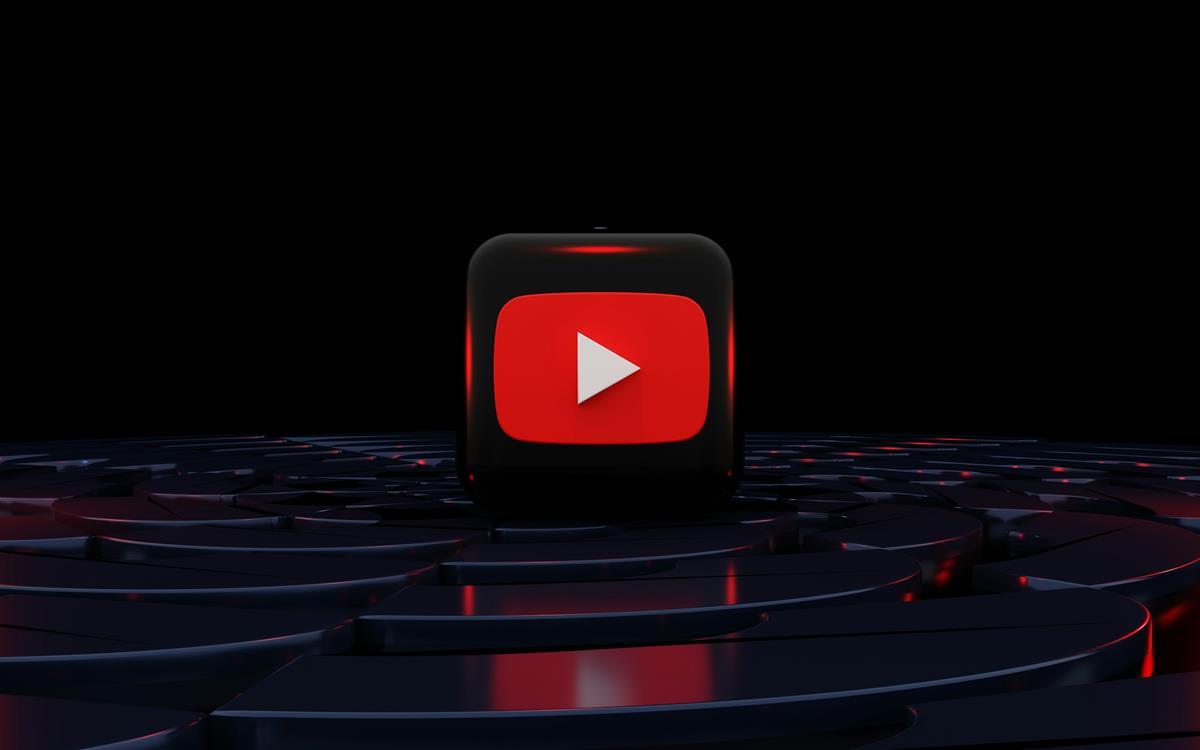Mashable reports that users ran into a black screen on YouTube, and that it stayed for about 6 seconds before the video began playing. The reports indicate it affected several browsers including Firefox, Edge, Vivaldi.
Some users joked that they would rather see a black screen than an ad. While that’s certainly a better experience, it does waste precious seconds of our time. A simple workaround for the black screen on YouTube is to just refresh the page, hit F5 as soon as the page starts loading. uBlock Origin’s filters were updated with a patch to resolve the problem, the add-on updates its filters automatically. If you are still experiencing the black screen issue, just open the extension’s dashboard and manually update the filters. This tug-of-war is getting annoying, but it appears to me that Google’s efforts are actively promoting the use of ad blockers, instead of attracting new subscribers.



yt-dlp is also a great alternative, since you can just stuff it into the backend of something like jellyfin and have it work.
yt-dlp is a frontend.
No? It downloads the videos. Your video player is the “frontend”.
it’s a backend, the front end would be something like jellyfin, obviously the shitpost here being that this was a topic about frontends, if you want my opinion though, all frontends are dead, and backends are where it’s at. You can even integrate yt-dlp as a backend to something like VLC so that it operates as a real frontend.
not technically a fronted. however, if you use it mainly for downloading YT content, it will run into the same problem as many frontends.
it will, theoretically, but it’s singular backend, and development efforts can be focused on it specifically, rather than something like vanced, which is integrating more heavily with the yt UI itself, whereas yt-dlp doesn’t care at all, and just rips the content spit out.
I would hope most front ends are using yt-dlp as the backend, but i suspect they’re just tacking shit on top of the youtube web ui instead, unfortunately.